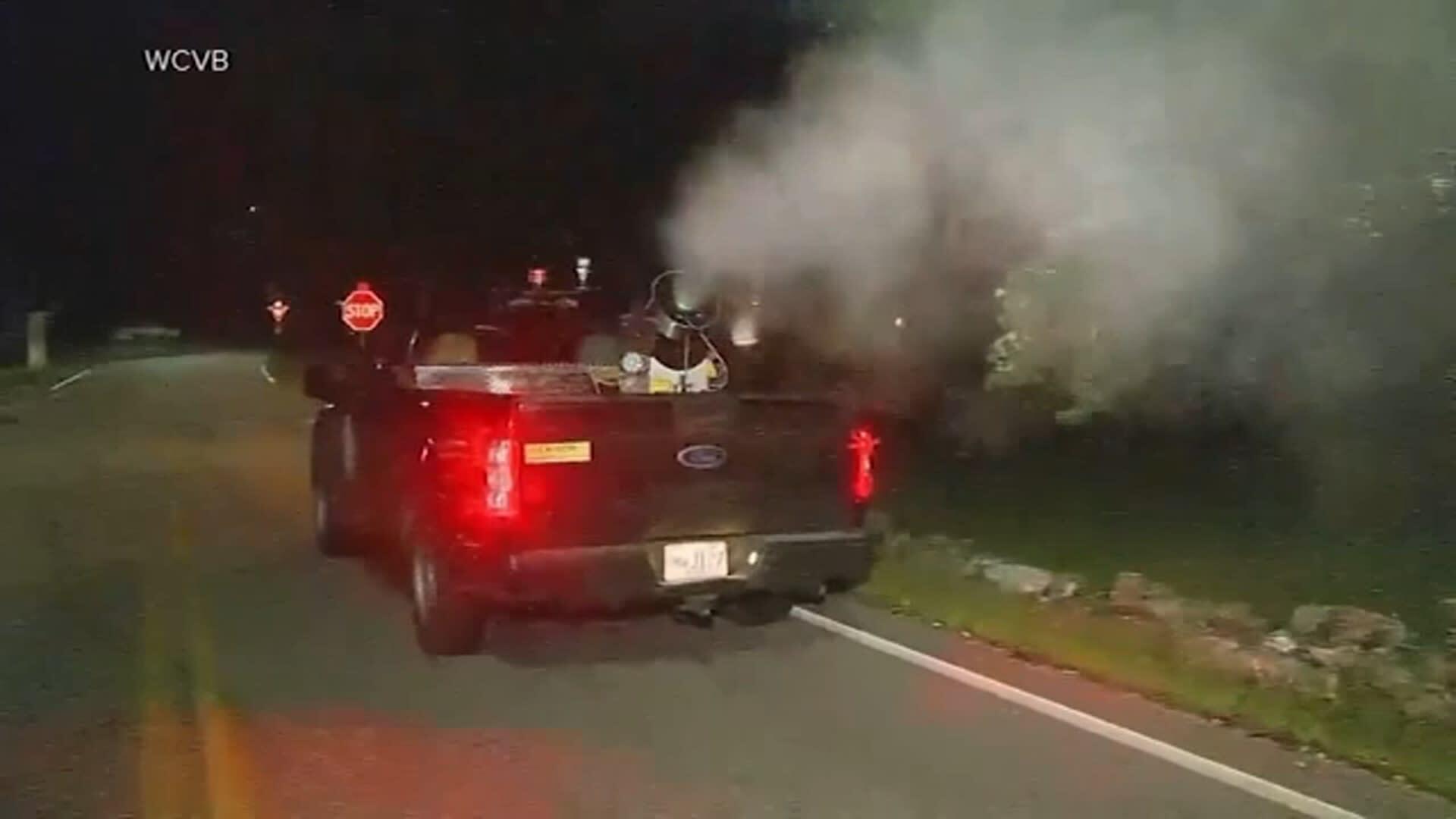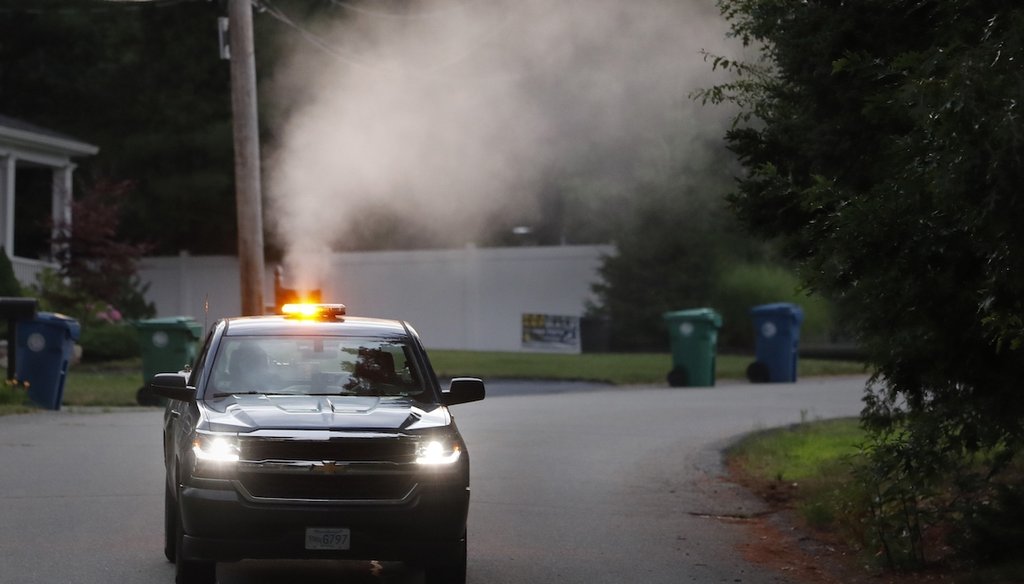In response to a surge in mosquito-borne illnesses across the US, cities in states like Massachusetts, New York, Texas, and California are taking unprecedented measures by spraying pesticides in their streets. These illnesses include West Nile Virus (WNV), Eastern Equine Encephalitis (EEE), and a rare disease called “sloth fever.”
The use of pesticides aims to reduce the spread of these potentially deadly diseases, which have already caused multiple hospitalizations and fatalities. Spraying typically occurs overnight to minimize human exposure to the chemicals, as they can be harmful when inhaled or ingested, even though the doses are at an “ultra-low volume.”
Massachusetts has been particularly aggressive in combating EEE after an elderly man contracted the virus, the first case in the state since 2020. The Massachusetts Department of Public Health has begun spraying Anvil 10+10, a mosquito control pesticide, from trucks and planes in affected areas.

Additional precautionary measures, such as voluntary curfews and park closures during peak mosquito activity from dusk until dawn, have been introduced to further protect residents from exposure to infected mosquitoes.
In other parts of the country, such as New York City, Arlington, and San Jose, the focus has been on combating West Nile Virus. WNV is the most common mosquito-borne disease in the continental US and, while often mild, can cause severe neurological complications in a small percentage of cases.
New York City and Arlington have implemented overnight pesticide spraying programs, with trucks distributing various mosquito-killing agents like Anvil 10+10 and Aqua-Reslin. These measures have been deemed necessary after a series of WNV cases and positive mosquito tests in these areas.
Texas has reported 37 WNV cases in 2024, the highest of any state, with one fatality. In Arlington, mosquito populations that tested positive for WNV led to immediate action, with officials planning pesticide spraying in targeted areas.
Similarly, in California, where a resident recently died from WNV, Santa Clara County has started spraying Zenivex E4 and Merus 3.0 to control the spread of infected mosquitoes. Authorities emphasize that the “ultra-low volume” application of pesticides poses minimal health risks to residents.
Rising global temperatures are enabling the spread of mosquito-borne diseases to new areas in the US. Some experts have noted a significant increase in cases of Dengue Fever, with an 800% rise between 2021 and 2022.
While most mosquito-borne illnesses are not fatal, the growing number of cases is prompting more frequent pesticide spraying. In addition to these efforts, the CDC advises individuals to take personal precautions, such as wearing protective clothing, using insect repellant, and ensuring that windows and doors are sealed with screens to keep mosquitoes out.
